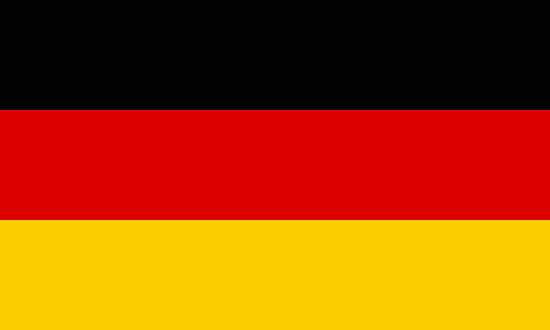"Nürnberg: Stadt der Menschenrechte | Nuremberg: City of Human Rights"
About:
Nuremberg, a city in Bavaria, Germany, was first mentioned in 1050 AD. It became an important center for the Holy Roman Empire and later the birthplace of the Nuremberg Laws under the Nazi regime. Heavily bombed during WWII, it hosted the Nuremberg Trials post-war. Today, it's a significant commercial, cultural, and educational hub, known for its contributions to human rights and international law, as well as its preserved medieval architecture.
When to visit:
Nuremberg, a city in Germany known for its rich history and medieval architecture, is a popular tourist destination throughout the year. However, the best time to visit Nuremberg on a holiday is during the Christmas season when the city hosts one of the most famous Christmas markets in Germany. The Nuremberg Christkindlesmarkt is a magical experience with its festive atmosphere, traditional stalls selling crafts and treats, and the iconic Christmas angel opening the market. Visitors can immerse themselves in the holiday spirit and enjoy the enchanting ambiance of Nuremberg during this time of year.
When to avoid:
The worst time to travel to Nuremberg on a holiday would be during the peak tourist season, which typically occurs in the summer months of July and August. During this time, the city experiences high temperatures and large crowds, making it difficult to fully enjoy the attractions and landmarks. Additionally, hotel prices tend to be at their highest, and popular sites may be overcrowded, leading to longer wait times and less enjoyable experiences. Travelers seeking a more relaxed and affordable visit to Nuremberg may want to consider visiting during the shoulder seasons of spring or fall when the weather is milder and the crowds are thinner.
Winter (Dec-Feb)
In Nuremberg, winter (December to February) is the coldest season with temperatures often dropping below zero degrees Celsius. Snowfall is common and can add a picturesque charm to the city, but also makes it quite chilly. The days are short with only about 8 hours of daylight and the sun often hides behind a thick layer of clouds. Rainfall is moderate, averaging around 40mm per month. For a visitor, an average day would involve bundling up in warm clothing, exploring the city's historical sites under the snow, and enjoying hot beverages in cozy cafes.
Summer (June-August)
In Nuremberg, Germany, the warmest part of the year occurs in the months from June to August, which is the summer season. During this period, the average high temperature ranges from 22°C (72°F) to 25°C (77°F), while the average low temperature ranges from 12°C (54°F) to 14°C (57°F).
Rainfall is quite moderate during this season, with monthly averages of about 60mm to 70mm. The summer season is also the sunniest period in Nuremberg, with an average of 7 to 8 hours of sunshine per day.
Humidity levels are relatively low in summer, with average relative humidity ranging from 60% to 70%. Cloudiness varies, but generally, there are more clear or partly cloudy days than overcast ones.
For a visitor, a typical summer day in Nuremberg would feel warm but not excessively hot, with a fair amount of sunshine. The moderate rainfall could bring occasional showers, but these are usually brief and don't significantly disrupt outdoor activities. The relatively low humidity makes the heat more bearable and comfortable for sightseeing and exploring the city.
Language:
In Nuremberg, the most commonly spoken language is German, as it is the official language of Germany. Additionally, due to its diverse population, languages such as Turkish, Russian, and English are also frequently spoken. The city's historical significance and popularity as a tourist destination also contribute to the prevalence of English.




